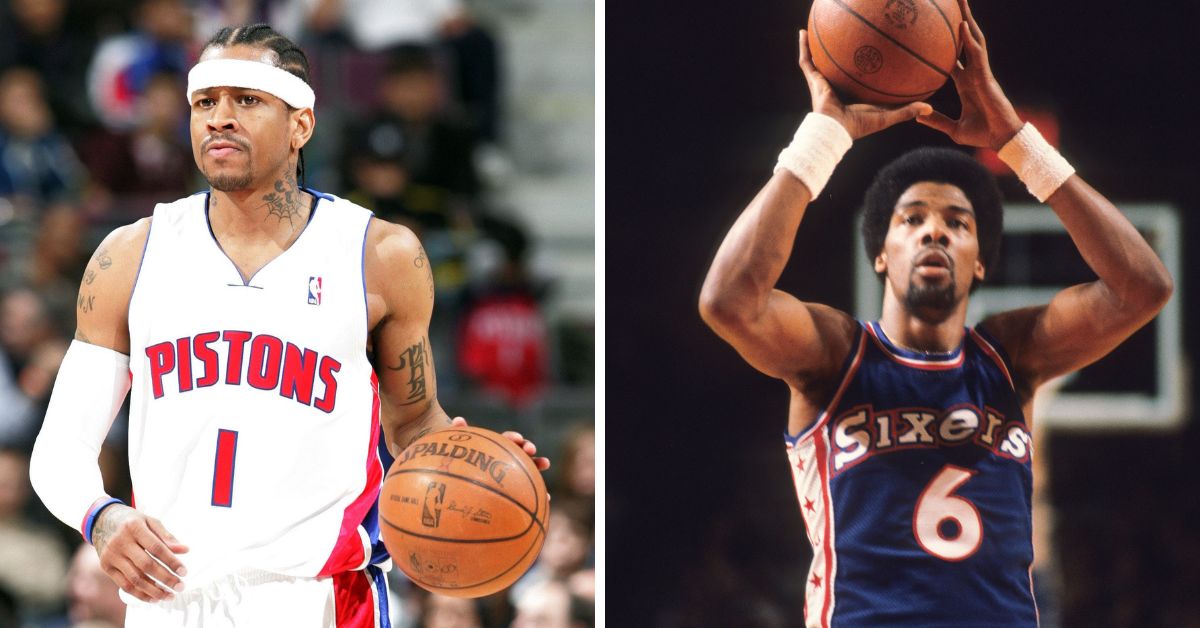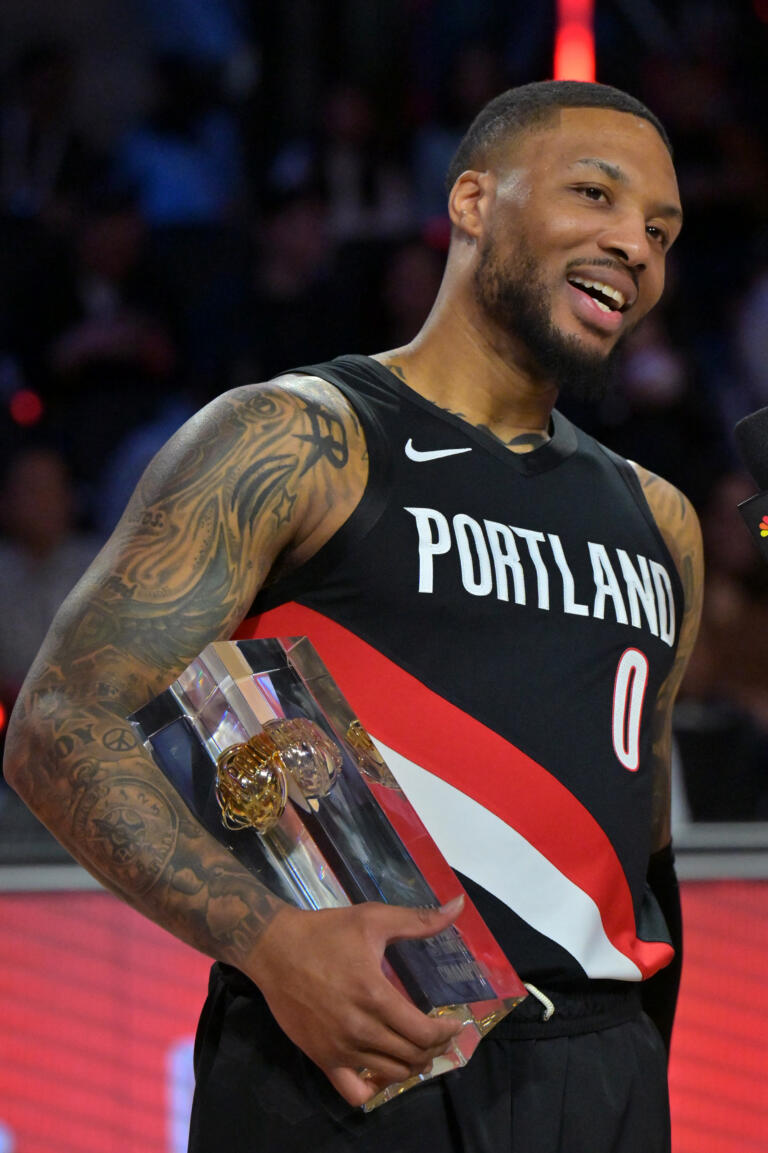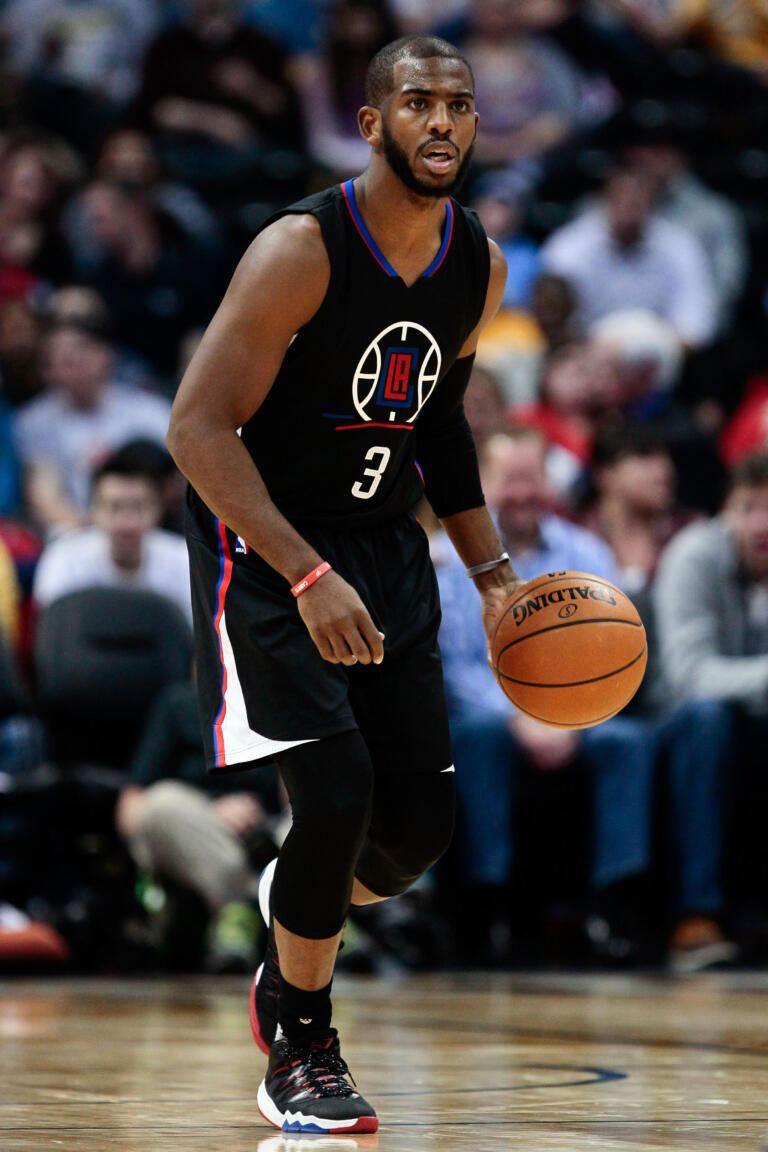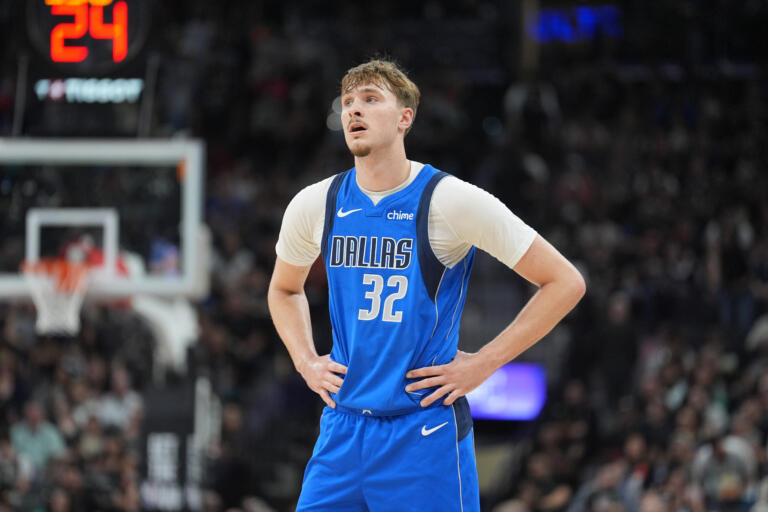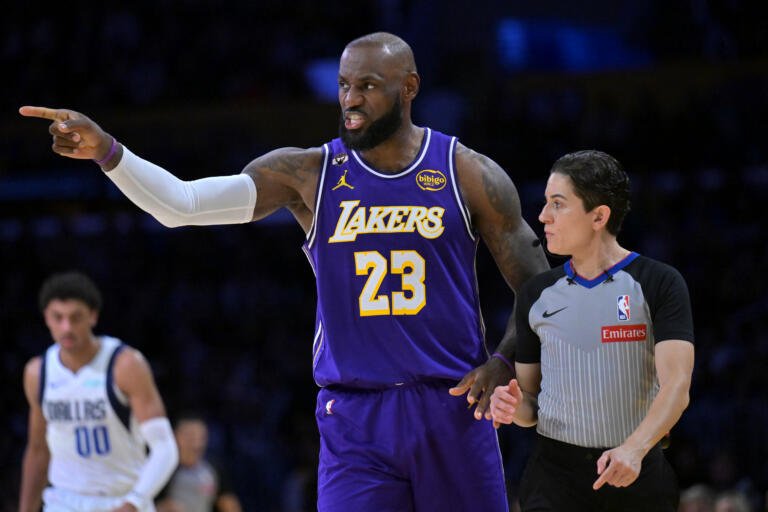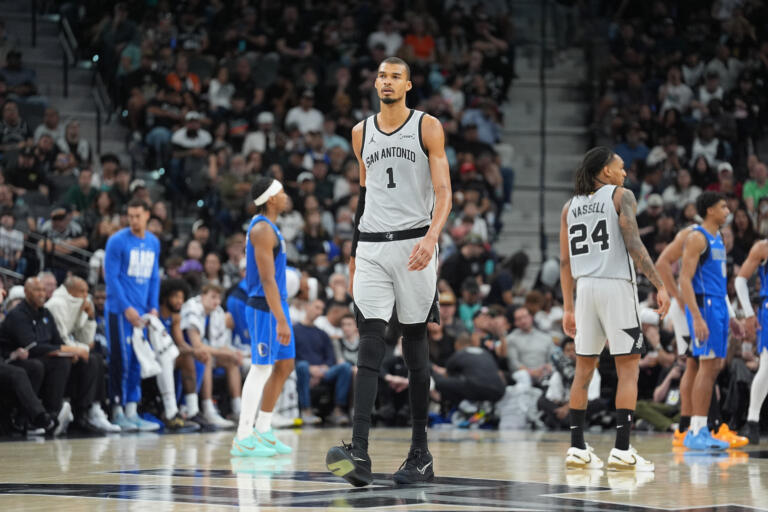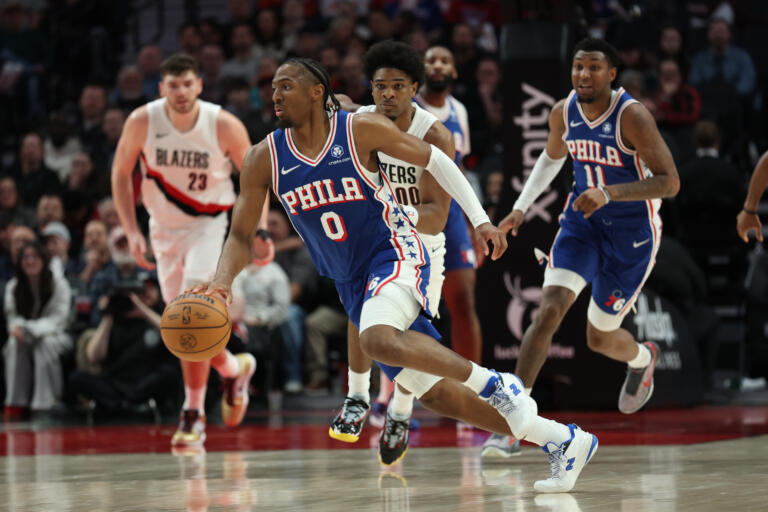
The 76ers are a lot more than a basketball team for Philly—they’re a culture, a vibe, and an image of the city. Some players’ numbers may not be on the top of the stat charts, but their impact on the Sixers runs deep. Here’s a look at ten players who took Philly’s basketball legacy beyond the box score.
Allen Iverson: The Cultural Icon
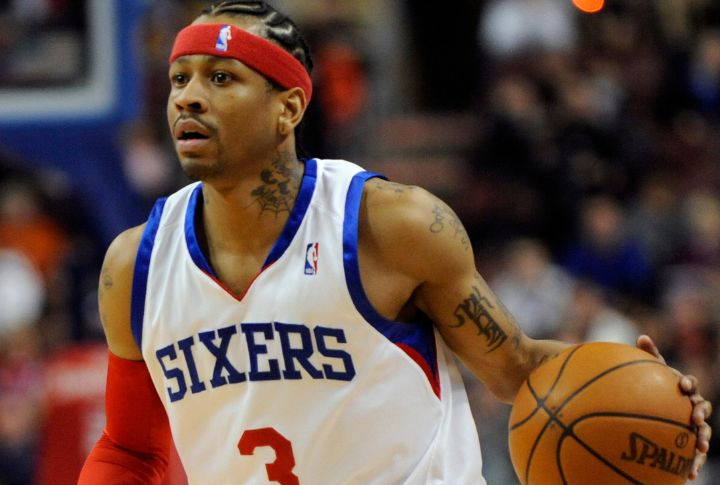
Iverson’s cornrows and attitude represented a new era of basketball. He took the Sixers to the 2001 NBA Finals and inspired a generation to stay resilient and do it with style. Iverson gave the Sixers a new identity and redefined what it meant to play like a true Philadelphia athlete.
Julius Erving (Dr. J): The Heart of the 1983 Championship

Dr. J didn’t just play; he soared. With high-flying dunks and charisma, Julius Erving brought that energy to the Sixers. Leading them to a championship in 1983, he changed the team’s image and inspired other players to believe in Philly’s power.
Wilt Chamberlain: The Dominant Force

When Wilt Chamberlain joined the Sixers, he made history in 1967! Chamberlain led the team to an NBA championship, ending the Celtics’ eight-year title streak. Through his towering presence and impossible records, Wilt broke the mold, making the 76ers a true force to reckon with.
Maurice Cheeks: The Defensive Anchor and Leader

Maurice Cheeks had the ability to shut down top opponents. He led the team through one of their most successful stretches in the 1980s. Beyond numbers, his leadership proved that hustle and humility could go hand in hand in a city that values hard work.
Charles Barkley: The Relentless Competitor
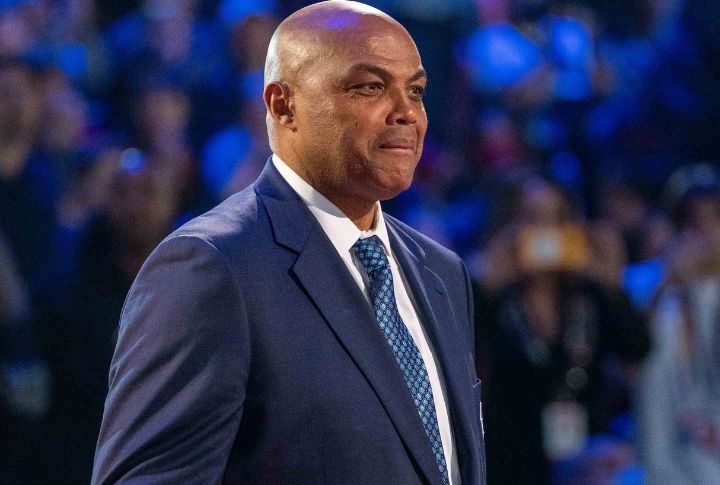
The rebounding and fiery personality of Barkley made him a relentless competitor who never backed down. He made it clear: the Sixers were no pushovers. Charles Barkley’s tenacity and brash confidence put Philly back on the NBA map, especially during the 1986-87 season.
Bobby Jones: The Unsung Hero of Defense
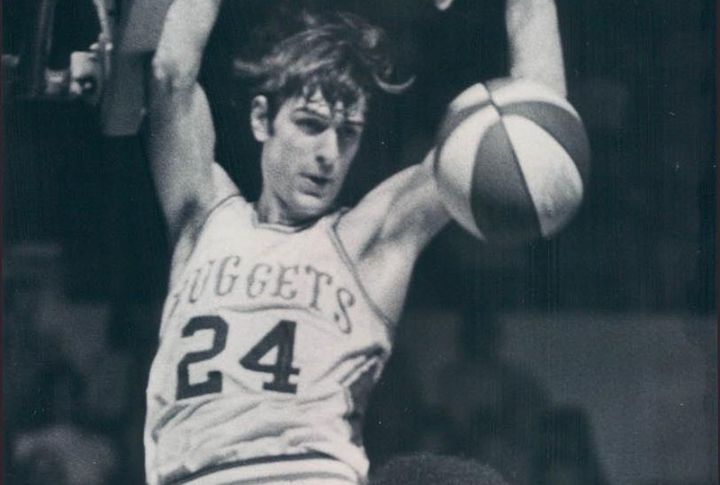
Bobby Jones’ defense was unforgettable. A cornerstone of the 1983 championship team, he played with a selflessness that fans loved. The unselfish play even earned him the nickname “Secretary of Defense” for the way he guarded the league’s best players.
Hal Greer: The Reliable Scorer
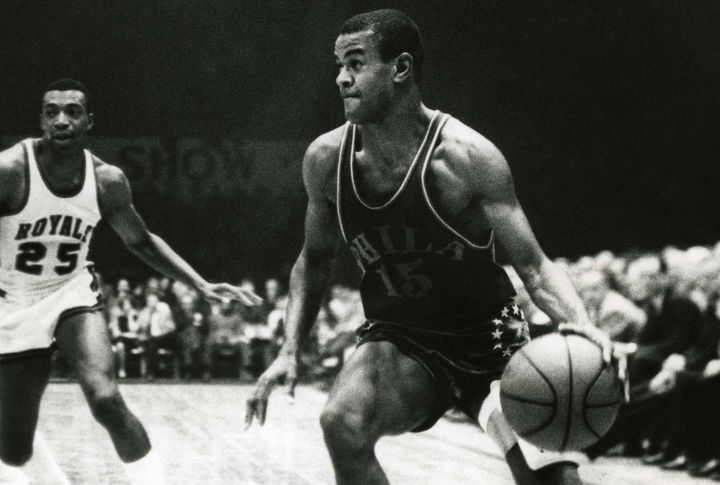
Greer was the steady hand the 76ers relied on for years. He was a key player in the 1967 championship team who gave a flawless mid-range shot that left a lasting impression. His loyalty and skill made him a Sixers icon, and fans respected him for his dedication.
Billy Cunningham: The Coach Who Brought It All Together
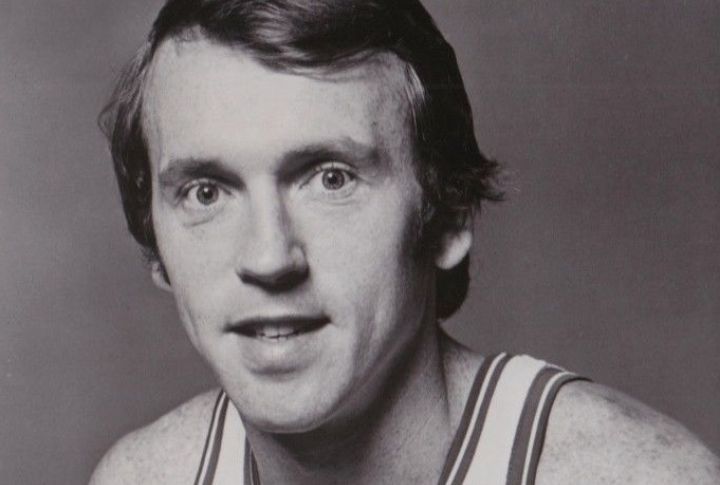
First as a player and then as a coach, Cunningham has always been with his team. After years on the court, he returned to lead the Sixers to an NBA title as head coach in 1983. Billy Cunningham proved that he was the guiding force behind all the players.
Andrew Toney: The Boston Strangler
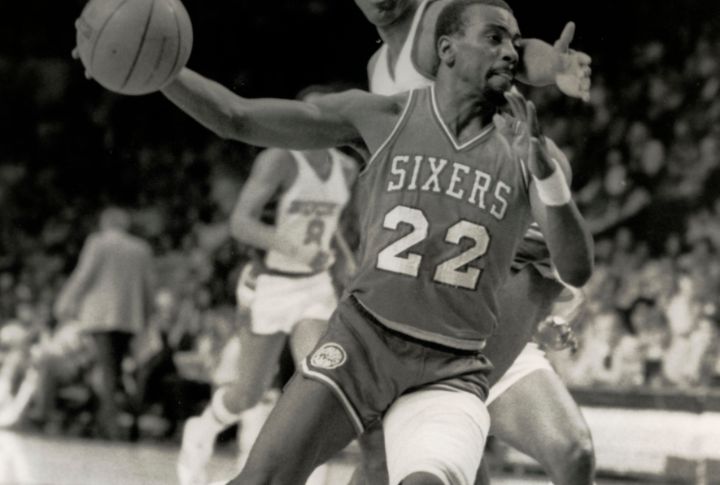
Malcolm EmmonsImagn
This player knew how to put on a show, especially when facing the Celtics. Toney’s fearless scoring in clutch moments, especially against Boston, earned him the nickname “The Boston Strangler.” People remember him as the Sixer who always brought his A-game to the toughest battles.
Dikembe Mutombo: The Towering Defender
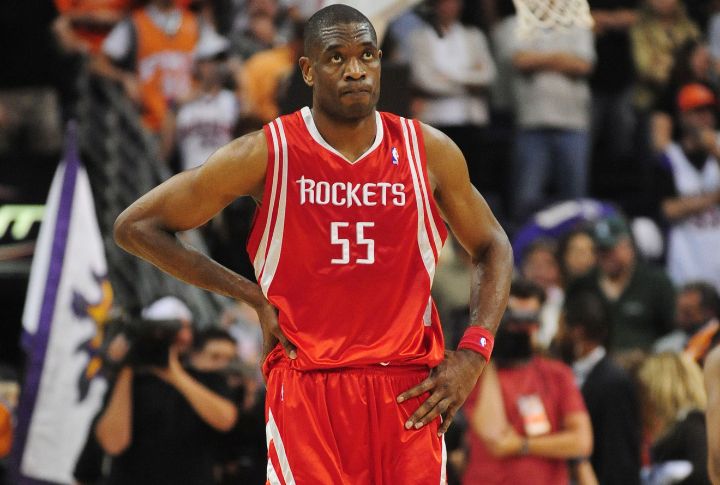
Mutombo’s time with the Sixers may have been brief, but his impact was anything but small. As a mid-season addition to the team in 2001, his defensive skills allowed the team to reach the NBA Finals. And off the court, his humanitarian work made him a beloved figure beyond his famous finger wag.


